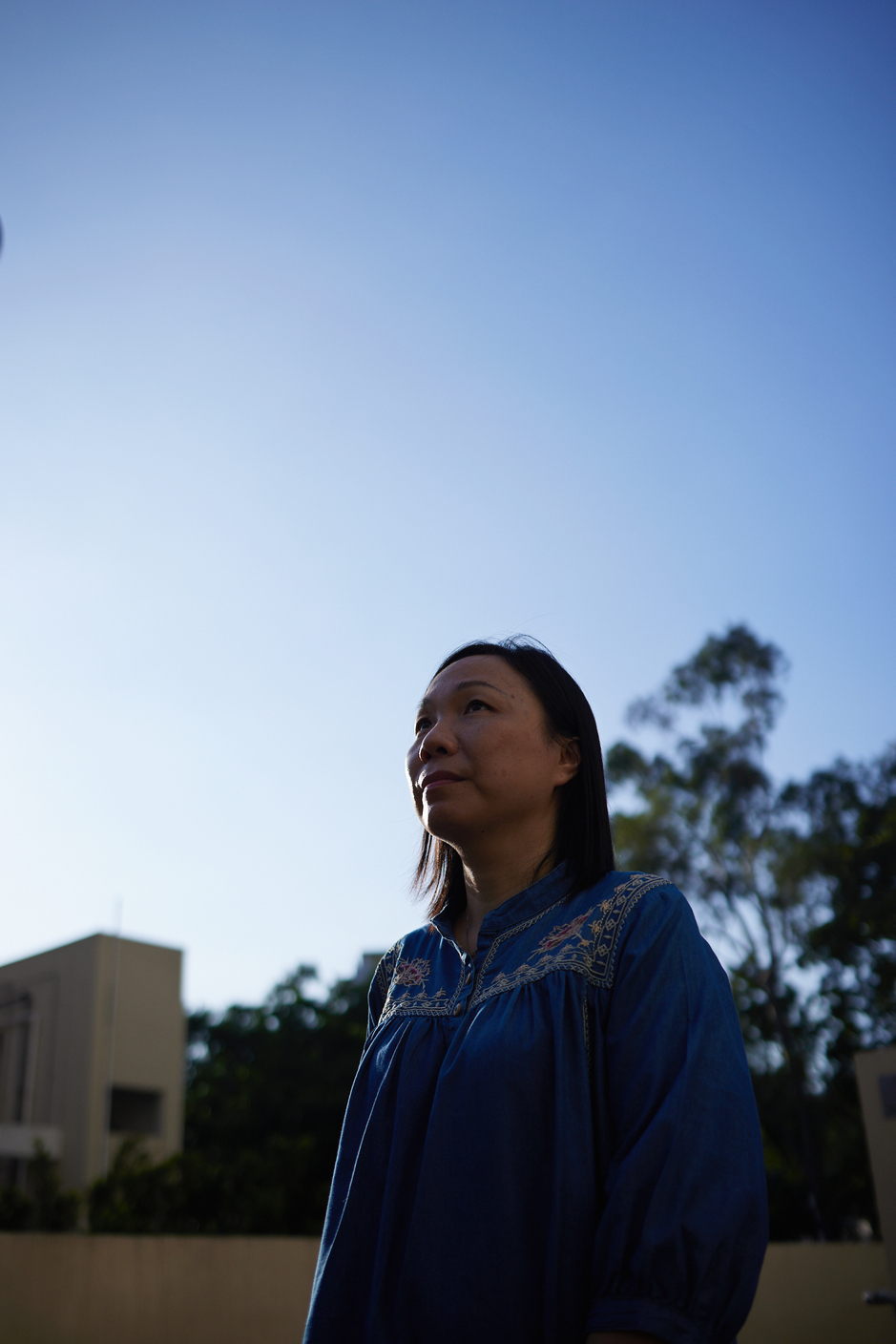Listen to the Caretakers

“It’s hard to take care of my son when he keeps jumping up and down, and pulling me all day. The pressure is tremendous.” Parent Mrs Chow.
As Mrs Chow was talking to us, her son Kiu sat aside on a sofa watching videos on his mobile phone, but he kept his eyes on his safety zone. If someone or something encroached on his territory, he would jump up from the sofa anxiously and start kicking things very hard until his safety zone was clear again.
It’s Hard to be a Caretaker
To take care of a strong 15 year old teenage boy with moderate intellectual disabilities and autism is never an easy task. Mrs Chow said her son would lose his temper and start waving his fists when he cannot express himself with words or picture cards. Not only does that leave old and fresh bruises on his legs, but his mother, school teacher and social worker have also received a few punches from him. “I wish my son would stop hurting other people. His aggressive behaviour really upsets me.” Said Mrs Chow. She has once received a severe blow on her ear which made her to nearly faint. She feels helpless in dealing with Kiu’s problem behaviours, “I don’t know how to stop him but I’m trying to learn to do so every day.”
Looking at the photo album filled with photos and memories of Kiu, Mrs Chow said parenting was not difficult in the early days. As her son grew older, his exacting behaviours have become more frequent and difficult to manage, especially when he needs to attend follow-up consultations in hospital. Getting him into the passenger lift can be a big challenge because he may suddenly resist going to see the doctor, and start pushing other passengers in the lift. “The pressure of bringing him to hospital grows each time. I have asked the doctor if he can skip these in-person visits. I’d rather skip consultations, even though some of them are quite important.” Kiu can barely accept to have his blood pressure taken at the hospital, in school or at home as he keeps moving around all the time. “I feel sad for him because he may not be able to receive proper treatment when he doesn’t feel well.”
A Place to Hide
Every trivial thing can trigger Kiu’s intense emotions at home. Pieces of furniture were damaged by his fierce reactions such as throwing an electric fan at the window and slamming drawers. Facing long-term stress and anxiety, sometimes Mrs Chow feels that it may be dangerous to stay home alone with her son. Once Kiu’s temper flares, she comforts him tenderly but she also wants to run away from him occasionally. “I remember one time he punched the table so hard that a screw was loosened and dropped on the floor. I tried to fix the loose screw under the table. At that moment, I didn’t want to come out and go to my son and I started to burst into tears.” Said Mrs Chow with tears in her eyes. No matter how much she wants to go out and get some fresh air, she cannot leave her son alone at home. Then, she usually locks herself up in the bathroom to calm down just for a few minutes.
Finding Ways for Release
“Wallowing in self-pity doesn’t work over time.” Mrs Chow keeps learning how to manage her son’s emotions better. When she feels irritated by his disturbing behaviours, she calls Kiu’s class teacher Miss Tam for advice and assistance. “A few words of comfort can give me great strength to go through the difficult times. Some parents may feel stressed out when they need to tackle everyday difficulties in looking after children with special learning needs by themselves. It is all right for parents to seek support and make some time to have a break. Being caregivers can be really exhausting and overwhelming.”
As we talked, Kiu started getting restless when he was looking at his mobile phone. Mrs Chow took and used a massage brush immediately to calm him down by brushing his legs and saying, “I know, I know.”
Taking Small Steps Forward
The school plays an important role to support parents in taking care of children with special learning needs. During this pandemic and class suspension period, Miss Tam telephones Mrs Chow regularly and suggests bringing Kiu’s favourite learning tools home. Meanwhile, the school also provides immediate day care support to students in need. By working together, they teach Kiu to overcome something he finds irritating - wearing a medical mask. This is a little success for them. “We gently insist for him to cooperate in wearing a mask. If he doesn’t cooperate, we wait until he calms down before restarting the experiment. Finally, he spent 2 days on learning how to wear a mask by himself. We take small steps every day to accomplish the task together.”
Every achievement does not come easy for our children. With unconditional parental love, care and fortitude, our children can take small steps forward every day.
Please click here to watch the full video interview
